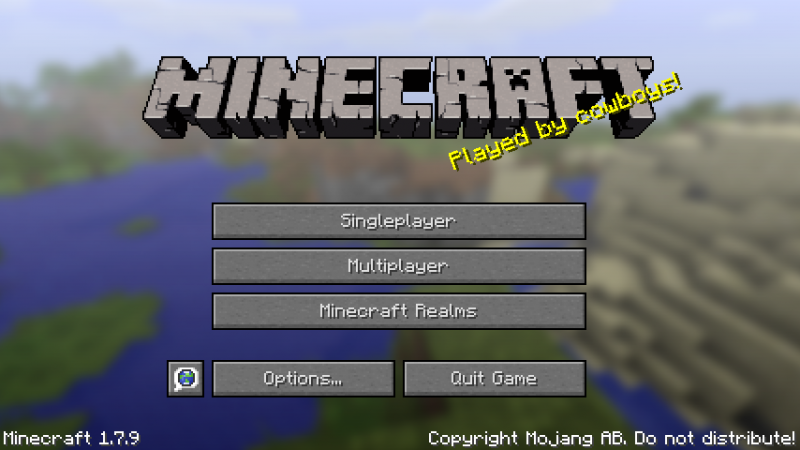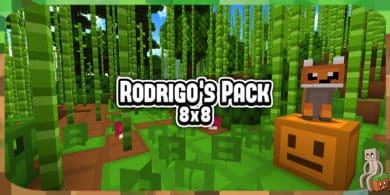

“System Blocks” by Oren Zuckerman, MIT Media Lab: “Push-pull” mechanical logic gates, built from LEGO Math with Marbles, no electronics necessary. Mitchel Whitelaw: “Free memory usually takes the form of the yarn ball.” The Descriptive Camera by Matt RichardsonĬardboard Computer, Cardboard Plotter by Nicholas RoyĪ Computational Model of Knitting, by McLean: “Textiles deserves a place as the origin of computation.” Kaxxt! Card game by Why the Lucky Stiff card game which teaches programming concepts. Paper Computing and PaperCamp by James BridleĪ metalinguistic, possibly Turing-complete spoken-word game.Ī card game in which the players must guess or infer the rules.Īn interactive computer game that teaches programming concepts.Ī family-friendly board game that introduces kids to programming concepts.Īnother card-game with rules that continually change The Poster Factory by Studio Moniker (Jonathan Puckey and Luna Maurer)Ī pencil-and-paper version of a classic Processing artworkĪ cellular automaton which can be executed with pencil & paper… initially anyway.

I apologize that this list is not more richly annotated. This list was compiled from a discussion session on “Teaching Computing without Computers,” held at the Eyeo Festival’s Code+Ed unconference, June 2014. Wherever possible, these links list resources which are “computerless”, relying instead on paper and cardboard constructions, physical performances, etcetera. The following is a list of resources which you may find helpful in teaching introductory programming concepts and computational thinking.

Links and Notes from the Eyeo Festival Code+Ed Session, June 10, 2014


 0 kommentar(er)
0 kommentar(er)
